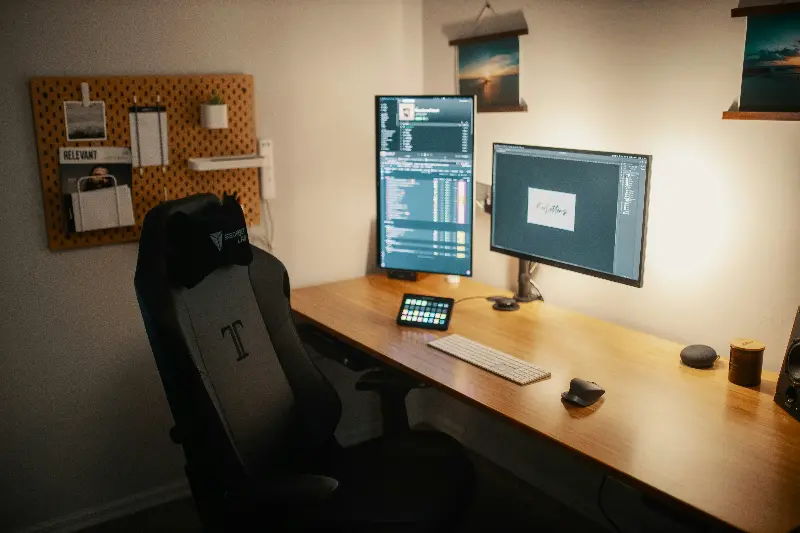
Are you feeling uneasy about the relentless march of automation, AI, and globalisation in the workplace? You're not alone. Across boardrooms and break rooms, a new buzzword is echoing: "The Great Replacement". Once confined to demographic debates, it's now shorthand for the transformation — and sometimes displacement — of jobs due to rapid technological advancement. Feeling the ground shift under your career is nerve-racking, but understanding this change is your first step to riding the waves rather than being swept away.
Machines at the Gates: What’s Really Happening?
Let’s cut through the panic: robots aren’t showing up to swipe your office chair overnight. Instead, it's about tasks within jobs being automated, especially those that are predictable and repetitive. Think of an accountant using software to process receipts, or a marketer whose content suggestions come from AI tools. Studies suggest that in the next decade, 65% of children will work in jobs that don’t exist today.
What’s at play:
- Automation: Routine and rule-based tasks are being taken over by machines.
- AI Integration: AI now analyses big data faster and deeper, often predicting trends more accurately than humans.
- Remote Revolution: Technology makes global talent more reachable, heightening competition and collaboration.
Despite the scary headlines, this isn’t all doom and gloom. Human ingenuity and adaptability have always won the day in previous tech revolutions.

Spot the Irreplaceable: Where Humans Still Shine
So, what can’t algorithms and bots do well? The answer: tasks that demand emotional intelligence, creativity, nuanced judgement and strategic vision.
Examples that keep you ahead:
- Empathy-driven leadership and people management.
- Creative problem-solving and innovative idea generation.
- Negotiation, persuasion, and storytelling.
A World Economic Forum report highlights that "complex problem-solving, critical thinking, and social influence are in highest demand". These are unmistakably human qualities that machines struggle to replicate.
Confidence in Action: Future-Proof Your Working Life
Rather than fearing tomorrow, position yourself as unreplaceable by developing a few critical skills and mindsets.
- Lifelong Learning: Embrace every opportunity to upskill, reskill, and cross-skill. From free online courses in AI fundamentals to enrolling in workshops for soft skills, the learning ecosystem is richer — and more accessible — than ever.
- Digital Literacy: You don’t have to code (unless you fancy it), but understanding the basics of how data and digital tools influence your sector is essential.
- Build a Resilient Network: Relationships are the currency of the future job market. Join professional groups, attend webinars, and connect across cultures and industries.
- Personal Brand Power: Clearly articulate your unique blend of experience, soft skills, and adaptability, both online and off.
Remember: the most confident people aren’t the ones with all the answers, but those who know how to find them and adapt rapidly.
Beyond Survival: Thriving in Transformation
The Great Replacement isn’t just about loss — it's about renewal and reinvention. Some of today’s most exciting roles, like sustainability manager, augmented reality designer, or remote team coach, barely existed a decade ago.
- Seek projects that force you to stretch and collaborate.
- Advocate for automation of boring, repetitive tasks to focus your time on work that matters.
- Mentor, volunteer, and share your knowledge — it all sharpens your skills for the future.
Imagine a working world where you can constantly reinvent yourself, follow curiosity, and build unexpected skills. Isn't that, in a way, a new kind of job security?
A New Chapter, Yours to Write
As technology takes on more heavy lifting, the uniquely human becomes ever more valuable. Will you resist the tide, or set your course and navigate with confidence? The next era of work is unwritten — and the pen, at least for now, is still in our hands.
